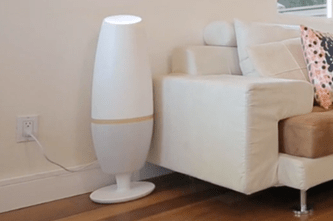Orison
Home battery system
Institutions and regular citizens are transitioning from a fossil-fueled past to a cleaner energy future. The cost of installation for such systems has dropped considerably in recent years, making them more affordable for general use. Currently, one of the biggest wrinkles in this still young industry is storage. A study by EuPD Research shows that […]
